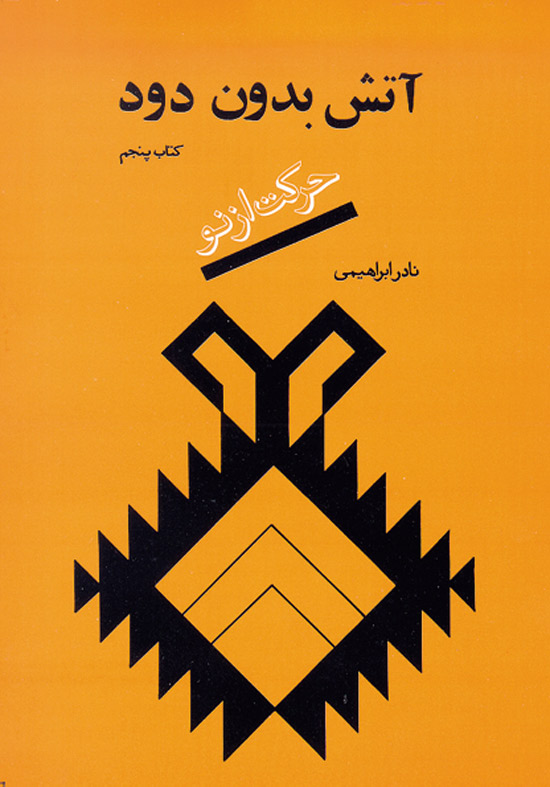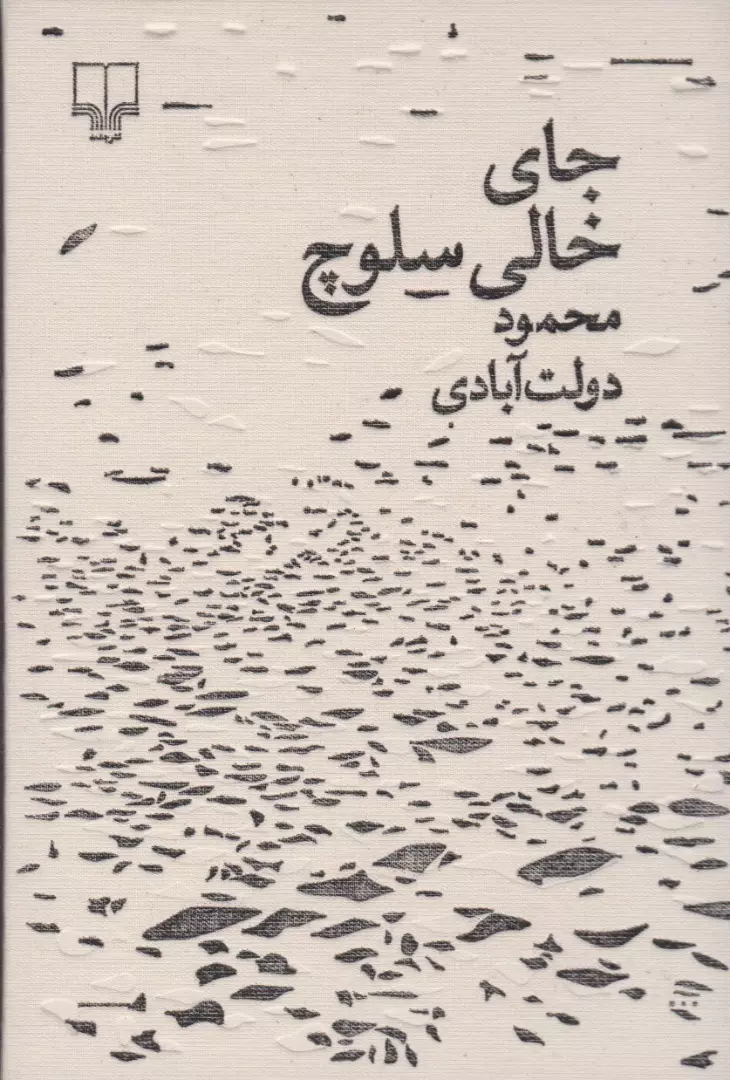Atash Bedoun-e Dood (Fire Without Smoke)

Author: Nader Ebrahimi
Genre: Historical Fiction
Publication Year: 1970
Atash Bedoun-e Dood (Fire Without Smoke) by Nader Ebrahimi is a monumental work in Persian literature, first published in the 1970s. This multi-volume novel spans seven books, each with distinct narratives and atmospheres, yet collectively weaving a rich tapestry of Turkmen life. The story captures the history, struggles, and culture of the Turkmen people, focusing on their poverty, marginalization, and the oppression they endured from the Qajar era to the reign of Mohammad Reza Shah Pahlavi.
At its core, Atash Bedoun-e Dood is a blend of epic, romantic, and historical storytelling. The novel follows three generations of Turkmen nomads, exploring their lives with a mix of pride, love, and tragedy. Ebrahimi vividly portrays the harsh realities of the Turkmen's existence while celebrating their traditions, values, and resilience. Themes of justice, the clash between knowledge and ignorance, generational conflicts, and unwavering devotion to one’s homeland run deeply throughout the novel. Intertwined with these grand themes is an enchanting love story that adds emotional depth and a universal appeal.
One of the most remarkable aspects of Atash Bedoun-e Dood is its ability to transport readers into the heart of Turkmen culture. Ebrahimi’s descriptive prose brings to life the vast steppes, the nomadic lifestyle, and the cultural richness of this community, making the novel both a historical document and a work of art. The love story and folklore elements are deeply intertwined with the narrative, showcasing the Turkmen's spiritual and romantic traditions.
Critics have lauded the novel for its poetic language, profound character development, and its powerful depiction of historical injustices. At the same time, the book’s exploration of universal themes such as honor, humanity, and the fight for justice resonates far beyond its specific cultural and historical context. However, the novel’s ambitious scope and length might be daunting for some readers, and its episodic structure requires patience to fully appreciate its depth.
Atash Bedoun-e Dood is a masterpiece that combines history, romance, and social commentary. It stands as a testament to Nader Ebrahimi’s literary genius and his deep empathy for the marginalized and oppressed. This timeless work remains essential reading for anyone interested in Persian literature, offering an unforgettable journey into the heart of Turkmen life and a profound exploration of humanity’s eternal struggles and triumphs.



